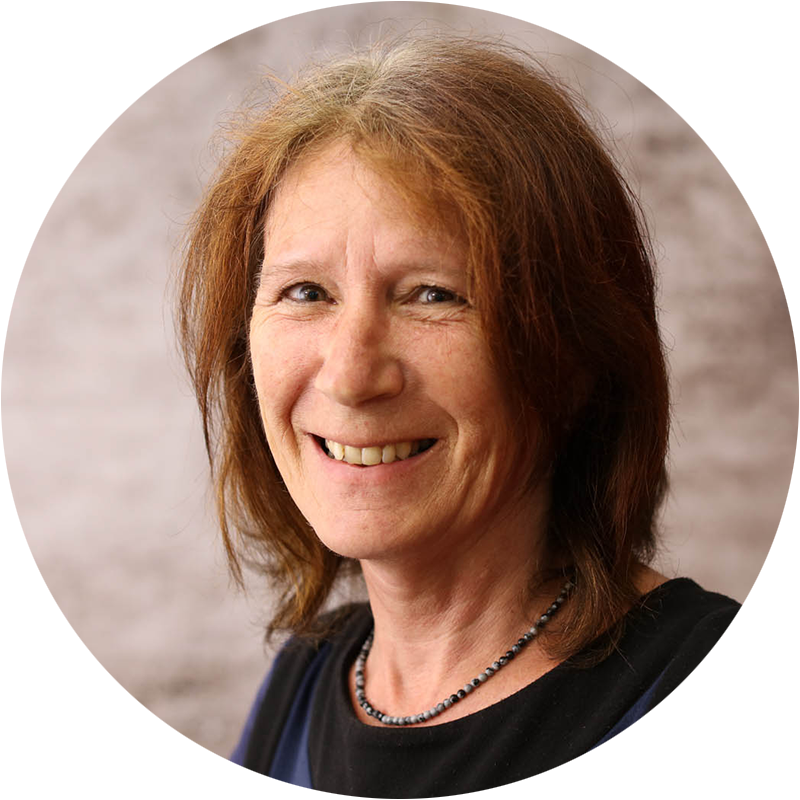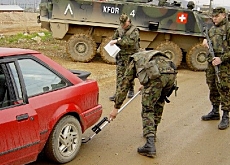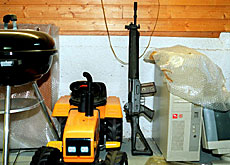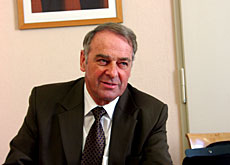Peace efforts must go on

A leading Swiss pacifist, Ruedi Tobler, tells swissinfo that despite progress in peace efforts over the years, much remains to be done.
Tobler, who is president of the Swiss Peace Council, has been an activist for over 40 years.
War and peace have been buzzwords in 2005. It was 60 years ago that nuclear bombs were dropped on the Japanese cities of Hiroshima and Nagasaki, and the Second World War came to an end.
The year 1945 also saw the birth of the United Nations and the creation of the Swiss Peace Council.
The council was created after the Second World War by 22 pacifist groups that came together to work for a peaceful world order and to encourage Switzerland to be more open.
swissinfo: Apart from marking their 60th jubilees this year, do the UN and the Swiss Peace Council have anything in common?
Ruedi Tobler: There is a direct connection. Switzerland had missed the boat of the post-war world, and the founding of the Swiss Peace Council was the answer to that. All the organisations wanting Switzerland to take part in this post-war world came together. The aim was for Switzerland to become a member of the UN too.
swissinfo: What have you achieved after 60 years?
R.T.: We can’t show any trophies but we measure our success according to our aims. After a long, long time, Switzerland has finally become a UN member.
The North-South problem remains unsolved. Switzerland contributes as a state to fight world poverty. This is not only thanks to us, but we pushed for public funding.
We have clearly failed though in our aim of introducing a ban on the export of war material. Current regulations are not satisfactory.
As to the creation of a civilian service, we have managed to introduce an alternative for people who refuse to do military service. But people should also have the opportunity to do peace service if they want.
swissinfo: What issues are at the top of your priority list now?
R.T.: We have had to clearly focus on our resources and have two areas of activities – basic principles and information on peace issues.
We have over the past few years also been campaigning against small arms. We are calling for more effective weapons control. [The Swiss] justice and police minister, Christoph Blocher, promised a draft revision [of the law] by the end of 2005, but it has not been published yet.
swissinfo: The Swiss Peace Council only has a handful of organisations who are still members. Do you have a problem finding people to follow in your footsteps?
R.T.: There have been many high and low points during my 40 years of activity in the peace movement. At the present time, we are in fact at a very low point and have problems finding successors. But this is the other side of the coin of a welcome development.
During the Cold War, the armed forces were always a sacred cow for the Swiss authorities. Today we have a situation in which the military are the most affected by government cost-cutting measures. The value given to the armed forces has sunk massively over the past 20 years and I consider that a positive development.
We are not only concerned about disarmament and the abolition of the army, but also about building up a peace system and the respect for human rights.
swissinfo: To what extent have peace perspectives changed?
R.T.: The Cold War was the greatest armaments race in the history of mankind. This is over but there is a large part of this potential still in evidence.
In the past people were afraid that the weapons would destroy the world, either deliberately or by accident. The problem today is that a large part of this potential is rusting away, particularly in countries of the former Soviet Union.
Today there are a few local wars in regions that interest no one. Business is the motor of most wars. It’s all about raw materials.
The character of a war has therefore changed, with small, simple weapons taking on an increasing importance. That is why we have concentrated on small arms.
swissinfo: You have been active for 40 years. Wars, atrocities, poverty and misery still exist. What motivates you to continue?
R.T.: Precisely that. I have learnt during my work for peace that there is nothing that is achieved once and for all. There will never be absolute peace.
swissinfo-interview: Gaby Ochsenbein
Ruedi Tobler was born in Zurich in 1947.
He began his peace activities in 1963, joining the first Easter march against nuclear weapons.
Tobler has been active in the Swiss Peace Council for 40 years and is its president.
In 1945, 22 pacifist groups came together to create the Swiss Peace Council.
It has promoted Swiss membership of the UN, a ban on exports of war material, introduction of a civilian service and the fight against poverty.
The Swiss Peace Council has about 3,000 members.
Its main activities now are the campaign against small arms and publication of a peace periodical, FriZ.
The council’s 60th jubilee will be marked on December 2, with Swiss Foreign Minister Micheline Calmy-Rey giving a speech on UN reforms.

In compliance with the JTI standards
More: SWI swissinfo.ch certified by the Journalism Trust Initiative




You can find an overview of ongoing debates with our journalists here . Please join us!
If you want to start a conversation about a topic raised in this article or want to report factual errors, email us at english@swissinfo.ch.